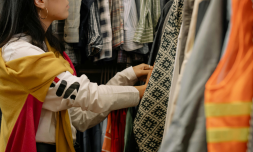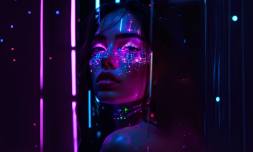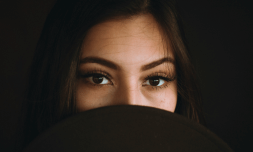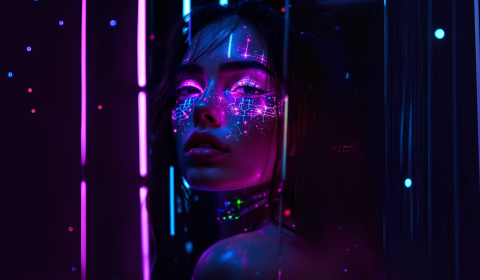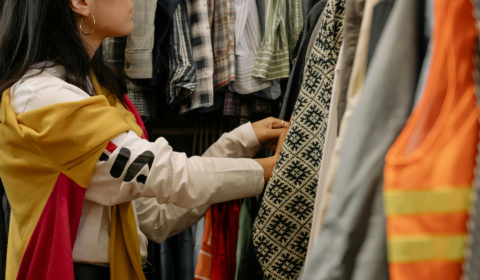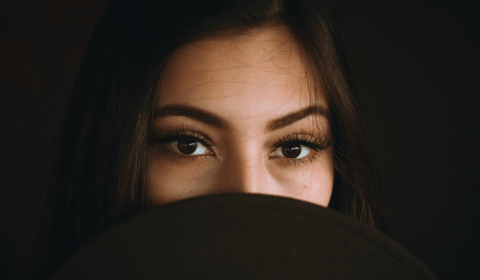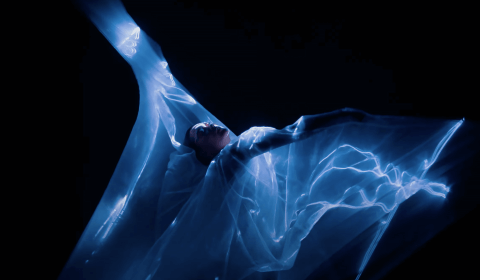Earnings and shopping habits unpacked
As it turns out, Gen Z has gained spending power at an earlier age than previous generations.
A striking 60 percent say they are ‘financially healthy,’ meaning they are able to cover personal expenses and indulge in luxuries while bolstering their savings.
It makes sense then, that luxury beauty purchases are finding their way into the carts of 61 percent of Gen Z shoppers, as per NielsenIQ data. They’ve surpassed shopping habits indicated by Gen X and Baby Boomers and trail only slightly behind Millennials.
To be more specific, Gen Z is outspending their Millennial counterparts in categories such as facial skincare and hair care. Make-up is the only sector where the two generations are spending comparably.
Still, key players from the luxury beauty sector say it’s important to recognise that not every member of Gen Z is the same.
Off the back of the pandemic, there are considerable variations in each young person’s perspective on spending.
But judging by the statistics, it’s clear that many have embraced an era of indulgence, at least enough to signify a notable shift in consumer behaviour.
As more Gen Z individuals graduate and enter the workforce, their purchasing power will naturally increase. Those not currently in the market for luxury goods may be able to explore higher-priced items eventually.

What is in a name?
All of this said, attracting Gen Z to luxury isn’t as easy as getting a high-profile influencer to post an image of a lip gloss. That’s because this demographic is the most discerning and value-conscious yet.
Young people believe paying a premium for a brand should be justified by factors such as superior quality, equitable labour practices, and sustainability.
The notion of luxury doesn’t just rest on the legacy of iconic brand names anymore, but instead on craftsmanship and ethical principles.
Well-informed industry leaders will deploy effective communication strategies that centre on quality in order to resonate strongly with Gen Z consumers.
Jane Hertzmark Hudis, Executive Group President at Estée Lauder Cos., noted that Gen Z’s emphasis on product performance has driven the resurgence of products that have lurked in the market’s shadows, such as Clinique’s Almost Lipstick in the shade Black Honey.
Hudis also points out that luxury brands should recognise Gen Z consumers as evolved and informed in order to keep up with their expectations.
Their impact on the industry ranges from brands launching reimagined digital experiences to becoming involved in purpose-driven initiatives.
If a product delivers on its promises, young people will be all in. At the same time, Gen Z’s interest in sustainability, brand purpose, and values is what drives them towards conscious consumption.
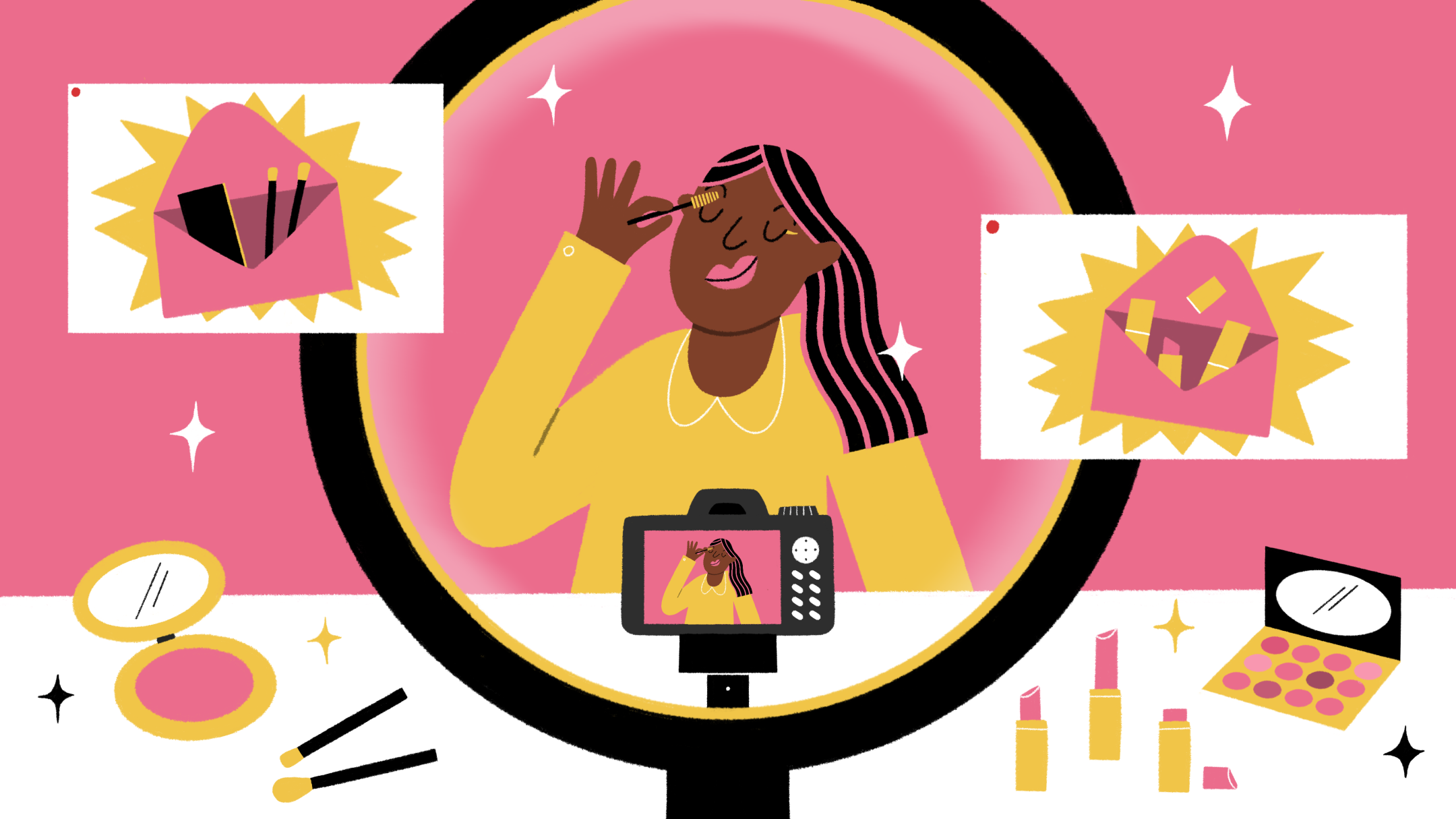
Relatable brand identities and values
Personalisation and deeper connections with brands and products are also high on the list of Gen Z’s priorities.
They’ll place a premium on luxury products that offer a one-on-one personalised experience, a seamless online shopping journey, or a personal touch in physical stores.
Balancing accessibility and approachability with desirability is a key aspect of engaging Gen Z consumers.
Platforms like TikTok play a pivotal role in attracting them, while experiential moments, such as pop-up stores in trendy neighbourhoods further enhance their engagement, even if immediate purchases may not always be the outcome.
Meanwhile, going viral on social media is another potent means of accessing Gen Z consumers, who are more exposed to luxury through influencers and celebrities than previous generations.
For Gen Z, luxury isn’t defined just by price and branding, but also by the aspirational qualities of a brand and what it represents in terms of product quality and personal experience.
Even heritage brands should strive for opportunities to align with these values.

Tracking notable trends
In the makeup market, traditional staples like foundation, mascara, and lipstick have given way to complexion-boosting products – specifically blushes, highlighters, and concealers.
Though most Millennials strayed from the disastrous look of too-pink blushes while growing up, online make-up tutorials created and viewed by Gen Z have demystified this intimidating product and provided an understanding of how to achieve the desired result.
Thanks to this, blushes are now overtaking foundation sales, reflecting a significant shift in behaviour driven by Gen Z.
It’s also worth noting that categories once overlooked in luxury skincare, such as sun protection, are now gaining traction as Gen Z emphasizes the value of daily sunscreen use.
Anyone visiting Sephora in recent months will notice that most face products, including moisturisers, BB creams, and foundation now include some level of SPF protection.
This generation’s discerning nature, emphasis on values, and unique purchasing habits are driving brands to innovate and redefine the notion of luxury.
With Gen Z’s influence set to continue growing, the beauty industry must continue to adapt for years to come.














